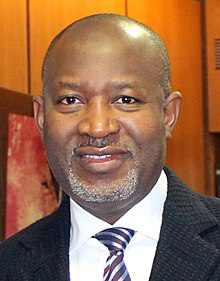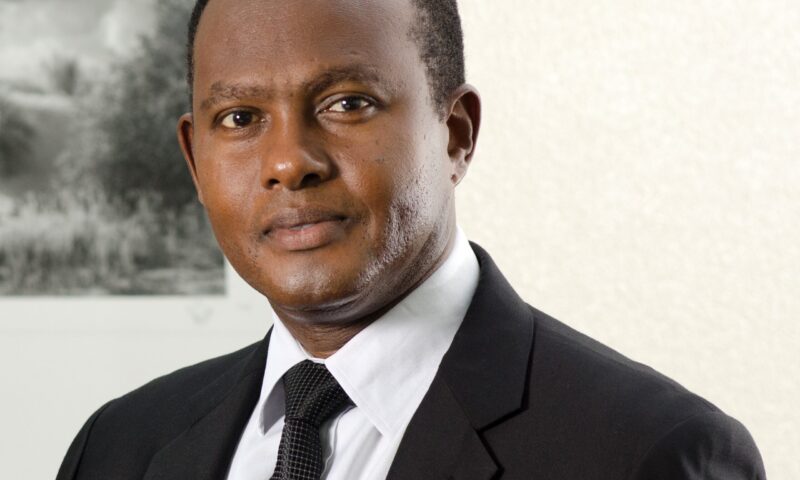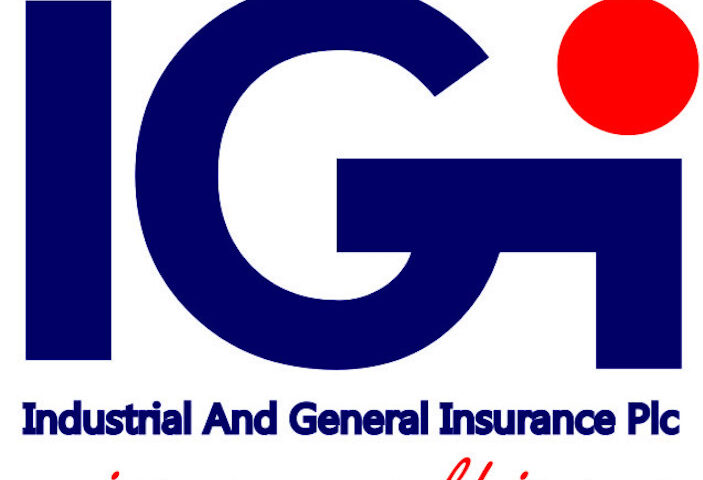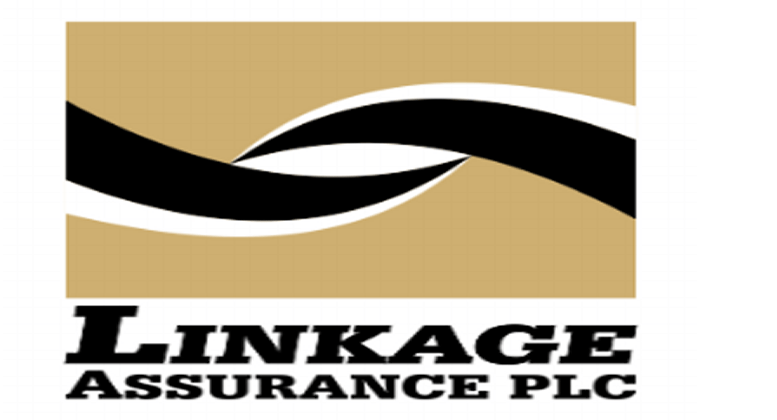By Favour Nnabugwu
Linkage Assurance Plc has stepped up the company position in the insurance industry from it’s financial from 2019 to 2020.
The company strive to be among the leading company got its fair share from the recent fortune in the sub-sector.
For the fourth quarter ended December 31, 2019, the underwriting firm’s unaudited fourth quarter report submitted to the Nigerian Stock Exchange (NSE) showed a Gross Written Premium (GWP) of N6.52 billion as against N5.59 billion during the same period in 2018, indicating a 21 per cent increase.
From the business generated in 2019 review period, the company also recorded a profit before tax growth of 902 per cent, moving from N134.7 million in 2018 to N1.35 billion during the review period. Profit after tax also grew to N930.24 million, a 421 per cent increase from a loss position of N290.12 million during the same period in 2018.
The performance, according to the company, came from improved underwriting as well as from investment returns, which saw the company coming out stronger during the review period.
Underwriting profit rose by 149 per cent to close at N375.622 million during the review period, as against loss position of N772.48 million the previous year, while investment also grew by 10 per cent, moving from N2.46 billion in 2018 to N2.71 billion in 2019.
The company’s total assets also appreciated by seven per cent to close at N24.72 billion, as against N23.15 billion in 2018. Linkage Assurance began the year 2020 on the downside with a loss after tax of N338.49 million as against a profit of N439.26 million posted in 2019.
Loss before tax stood at N340.193 million from a profit of N627.521 million 2019. However gross premium written grew by 28 per cent from N2.215 billion in 2019 to N2.846 billion in 2020. For Q2’20, the insurance firm recorded a marginal decline of four per cent from N572.77 million in 2019 to N550.44 million in 2020.
Profit before tax grew by 12 per cent to N915.098 million from N818.240 million in 2019. Gross premium written stood at N5.258 billion in 2020 from N4.130 billion in 2019 representing a growth of 27 per cent.
The insurance firm’s gross premium for Q3’20 grew by 28.6 per cent to N6.9 billion from N5.4 billion in the previous quarter of 2019. Profit before tax grew by 76 per cent to N1.5 billion in 2020 from N867 million in 2019.
Profit after tax grew by 90 per cent to N1.1 billion from N592 million in 2019. Net assets grew by five per cent from N23 billion to N24 billion in 2019. Linkage Assurance Plc has reported a 34 per cent increase in profit after tax for the Q4 ended December 31, 2020.
The insurance firm, in a filing with NSE, posted a profit after tax of N1.942 billion in 2020 as against N1.452 million in 2019, representing a growth of 34 per cent. Profit before tax stood at N2.547 billion during the period under review from N1.339 billion in 2019, representing a growth of 90 per cent. Gross premium was N8.332 billion in contrast to N6.519 billion posted in 2019.
The company attributed its continuous growth and market expansion to good relationships with the insurance brokers. The company said its focus going into 2021 and beyond will be to strengthen the relationship by continuously providing efficient services and meeting claims obligations promptly.
Managing Director/Chief Executive Officer of the company, Mr. Daniel Braie, stated this at the general meeting of the Nigerian Council of Registered Insurance Brokers (NCRIB), Lagos Area Council (LAC), hosted by the company in Lagos.
Braie said: “Linkage Assurance Plc recognises the pivotal role of the broker’s community in the growth of insurance business.
“That is why we decided that apart from hosting the national body, we would go a step further to host the various Area Councils across the country. “So far, we have done this in Abuja, Kaduna, Port Harcourt and now Lagos. If not for the COVID-19 pandemic that broke out last year, we would have covered more states.”
According to Braie, Linkage Assurance is still very committed to achieving this objective because of the importance it places on brokers as her strategic partners, as it is committed to delivering on the promises of her vision and mission statements.
He also disclosed that Linkage, from its unaudited result for the year 2020, grew its Gross Premium Written by 28 percent to N8.3 billion from N6.5 billion in 2019.
“The company also achieved profit before tax of N2.5 billion and paid out claims amounting to N2.4 billion during the same period.
“This would not have been possible without your support for which we are grateful. We had the largest aviation treaty in the market last year, and this year we are about the highest in fire treaty. So, we are ready to serve you well,” Braie assured.
In the statement to NSE, Braie said the company would continue to refine its strategy in line with the political, economic, sociological and technological changes within our operating environment.
Braie also said that “the company would continue to develop innovative products, alternative channels of distributions and strategic initiatives that will enable us achieve our corporate goals and objectives. “With a medium-to-long term perspective, the company believes that it will benefit from growth from these initiatives.
“We will consolidate on the ongoing initiatives to improve our operational efficiency so as to reduce the cost of doing business, improve business processes, eliminate wastages and achieve higher margins in our core business,” the company said.




